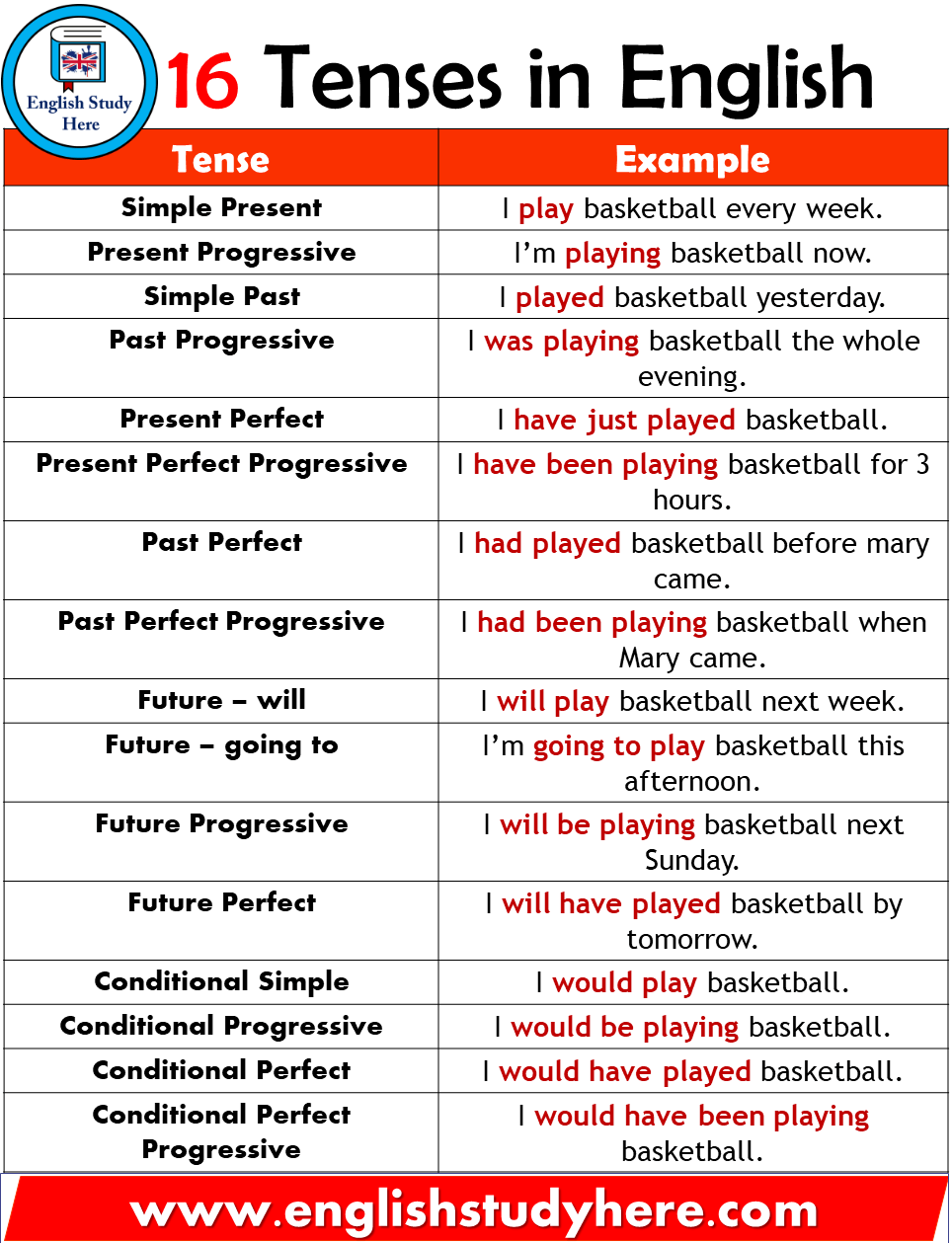
Would I work? Would he work? Would I go? Would he go?Įxamples negative I wouldn't be working. He wouldn't go.Įxamples Interrogative Am I going to work? Is he going to work? Am I going to go? Is he going to go? Will I be working? Will he be working? Will I be going? that might happen main clause in type II of the if-clauses will already have happened before a certain time in the future emphasis: length of time of an action Will + have+past participle* *(infinitive+ed) or (3rd column of table of irregular verbs)įuture Perfect Progressive or Future Perfect Continuous Will already have happened before a certain time in the future Simple Future Perfect or Future Perfect Simple Something happens because it normally happens This action has begun before the certain time. He's going to go.Īn action will be in progress at a certain time in the future. Will I have worked? Will he have worked? Will I have gone? Will he have gone? Will I have been working? Will he have been working? Will I have been working? Will he have been working? in the future what you think what will happenĮxamples negative I'm not going to work. Had he been working? Had I been going? Had he been going? Had + past participle* *(infinitive + -ed) or (3rd column of table of irregular verbs)Įxamples interrogative Have I worked? Has he worked? Have I gone? Have/has + past participle* *(infinitive+ed) or (3rd column of table of irregular verbs) spontaneously at the time of speaking, you haven't made a decision before main clause in type I of the if clauses How long something had been happening before something else happened predictions about the future (you think that sth. Past Perfect Progressive or Past Perfect Continuous

Simple Past Perfect or Past Perfect (Simple) Has happened or is finished in the past and it has a connection to the present action started in the past and continues up to the present mostly when two actions in a story are related to each other: the action which had already happened is put into Past Perfect, the other action into Simple Past the past of the Present Perfect Just yet never ever already so far, up to now, since for recently

Simple Present Perfect or Present Perfect Regular: infinitive + ed irregular: 2nd column of table of irregular verbs Have I been working? Has he been working? Have I been going? Has he been going? at a certain time (in the past) - you do not know whether it was finished or not action began in the past and has just stopped how long the action has been happening emphasis: length of time of an action Use something happens repeatedly how often something happens one action follows another things in general after the following verbs (to love, to hate, to think, etc.) future meaning: timetables, programmes something is happening at the same time of speaking or around it future meaning: when you have already decided and arranged to do it (a fixed plan, date) action took place in the past, mostly connected with an expression of time (no connection to the present) an action happened in the middle of another action someone was doing sth. Present Perfect Progressive or Present Perfect Continuous

Present Progressive or Present Continuous Every day sometimes always often usually seldom never first.


 0 kommentar(er)
0 kommentar(er)
